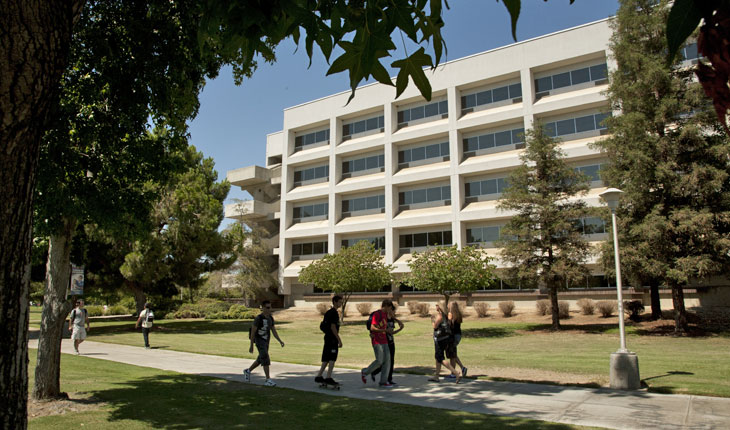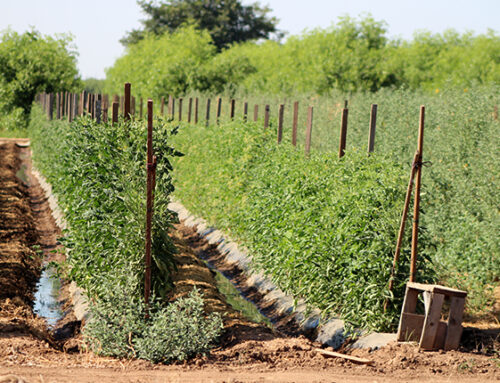The December San Joaquin Valley Business Conditions Index rose from November and continues to point to continued growth for the next six months. For the 25th consecutive month the overall index remains above the 50.0 growth neutral threshold at 55.6 for December, up slightly from 55.2 in November.
The index, produced by Fresno State’s Craig School of Business, is a leading economic indicator from a survey of individuals making company purchasing decisions in the counties of Fresno, Madera, Kings and Tulare.
“According to our survey results over the last several months, economic growth will remain positive in the months ahead and well above that of the nation’s economy,” said Dr. Ernie Goss, research faculty with the Craig School. “December growth slowed for manufacturers, especially durable goods producers, while construction firms reduced jobs for the month. On the other hand, wholesale trade and business services firms continue to experience healthy growth.”
The index uses the same methodology as that of the national Institute for Supply Management.
Goss points to improved employment as a driver of the growth. “Job growth in the San Joaquin Valley area continues to significantly out-perform that of the U.S.,” Goss said. “Over the past 12 months, the regional economy has experienced a very strong 2.6 percent growth, which is a full percentage point above the national economy.”
Other survey findings:
- Employment: After slumping below growth neutral in October 2013, the hiring gauge has moved above the 50.0 threshold each month since. The employment index climbed to 55.0 in December from 52.8 in November. An average of 2 percent of respondents said they expect salaries and wages for their firm to rise in 2016. “This is down from 2.1 percent from one year ago when we asked this same question, but is above the actual average wage growth over the past year of 1.7 percent for the area,” Goss said.
- Wholesale prices: The prices-paid index, which tracks the cost of purchased raw materials and supplies, dropped to 49.7 from 53.2 in November. This indicates modest inflationary pressures at the wholesale level.
- Business confidence: Looking ahead six months, economic optimism, captured by the business confidence index, slumped to 44.4 from 49.6 in November. Goss said agriculture and energy commodity prices, and global economic weakness, continue to weigh on expectations of future economic conditions.
- Inventories: Businesses increased inventories of raw materials and supplies for the month, but at a much slower pace than in November. The December inventory reading declined to 56.5 from last month’s 58.8.
- Trade: The export orders index increased slightly to 41.5 from November’s 41.3, and the import index rose to 42.7 from 42.5 in November.
- Other components: Other components of the November Business Conditions Index were new orders at 52.2, up from November’s 50.9; production or sales at 55.0, down from 56.5 in November; and delivery lead time at 59.3, up from last month’s 57.1.
For more information, contact Goss at 559.278.2352.
Related Links:






